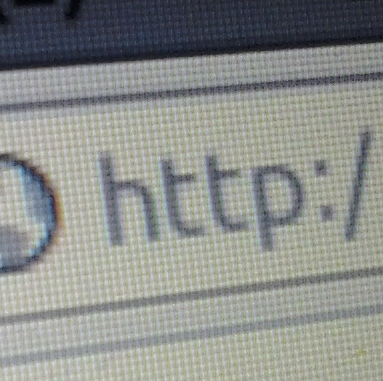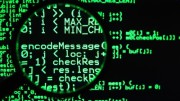South Korea’s attempts to keep North Korean material from the eyes and ears of its citizens is coming under the global media spotlight as the country launches a new sweep of domestic web sites and discussion forums.
Led by U.S. National Public Radio, the country’s arrests of citizens for the seemingly benign posting of North Korean songs or news clips was also covered by the Associated Press and most recently by The New York Times.
The coverage is likely unwelcome in Seoul.
NPR scored an interviewed with President Lee Myung Bak who defended the law as essential for maintaining South Korea’s way of life.
We have been facing for the last 60-plus years one of the world’s most well-armed and most belligerent countries. And if you consider that fact, and if you are someone living in such a country every day, then you will understand the need to have such laws that will allow us to maintain our way of life.” — Lee Myung Bak speaking to NPR
Under Lee’s presidency the number of requests for the removal of online postings has soared. Annual deletions were fairly constant at around 1,500 per year until 2009 when Lee came to power. In that year they hit 14,430 and continued to rise to 80,449 in 2010, according to data published by South Korean media.
Investigations have also surged, from around 58 each year to 91 in 2010. The 2011 total had already hit around 150 by August, according to one estimation supplied to NPR. The AP reported “more than 150 were questioned and 60 charged in 2010, up from 39 questioned and 36 charged in 2007.”
NPR covered the story of Park Jong-kun, a 24-year old who posted a Twitter image of himself inspecting a bottle of Johnnie Walker whiskey with the North Korean flag as a backdrop. He also reposted North Korean Twitter messages and ended up being interrogated by local police.
The Associated Press chose Kim Seung Kyu who was interrogated for posting articles, songs and other information about North Korea on his blog. The New York Times used the example of Kim Myung Soo, who was arrested on a charge of “aiding the enemy” for selling books online deemed to be sympathetic to North Korea. The NYT also mentioned the Park Jong-kun case covered by NPR.
The stories note how the law, originally written in 1948, appears out of step with South Korea’s increasingly democratic society.
What isn’t addressed is how the investigations and arrests are viewed by the United States. The two are close allies but the U.S. Secretary of State Hillary Clinton has made Internet freedom an important part of U.S. foreign policy since 2010 when she said:
Some countries have erected electronic barriers that prevent their people from accessing portions of the world’s networks. They’ve expunged words, names, and phrases from search engine results. They have violated the privacy of citizens who engage in non-violent political speech. These actions contravene the Universal Declaration on Human Rights, which tells us that all people have the right “to seek, receive and impart information and ideas through any media and regardless of frontiers.” With the spread of these restrictive practices, a new information curtain is descending across much of the world. And beyond this partition, viral videos and blog posts are becoming the samizdat of our day. – Hillary Clinton, Remarks on Internet Freedom, January 21, 2010.
The U.S. has not, to date, taken on the South Korean law.
For more on the law, check out opposing views published by The Korea Herald on January 2.





